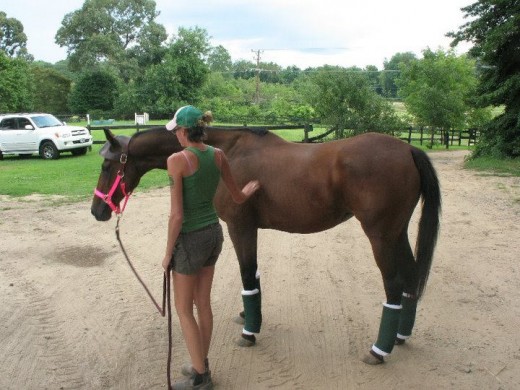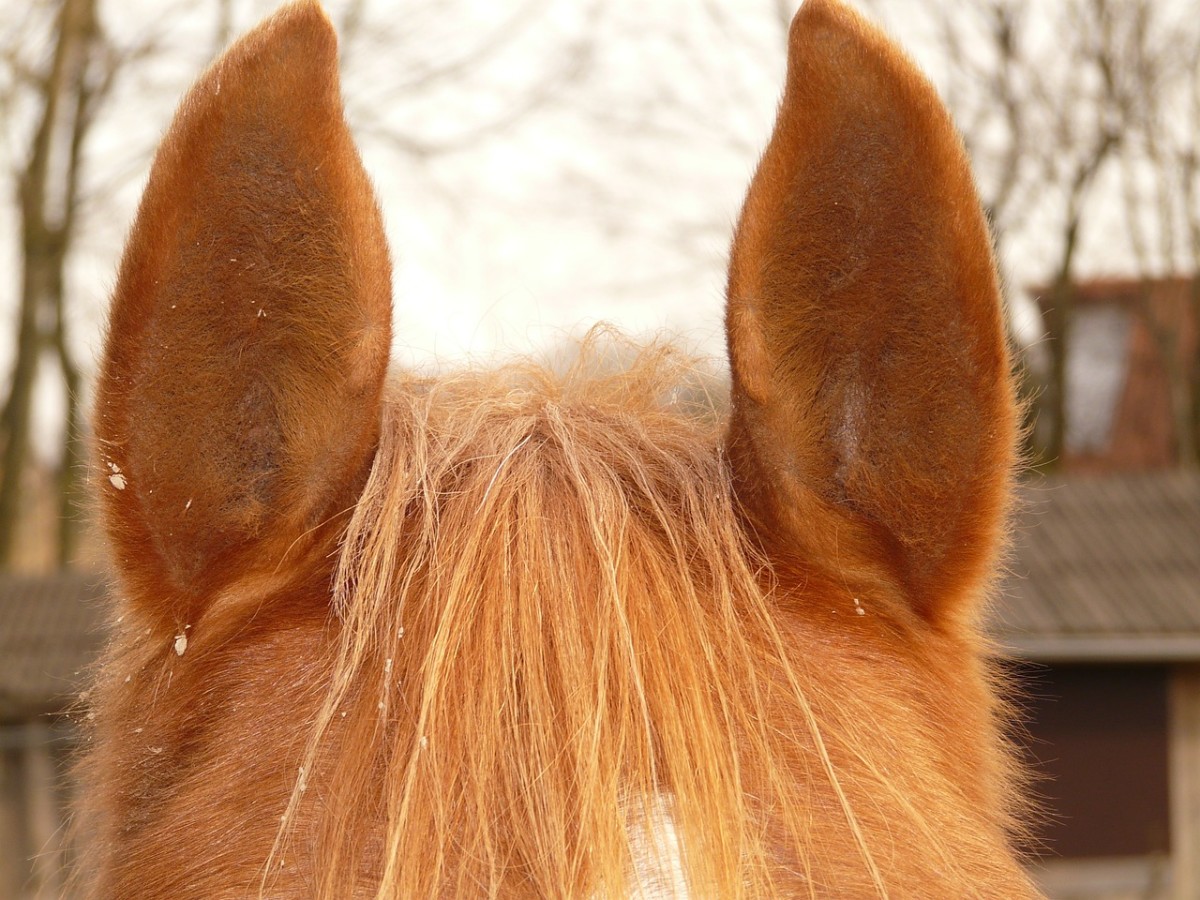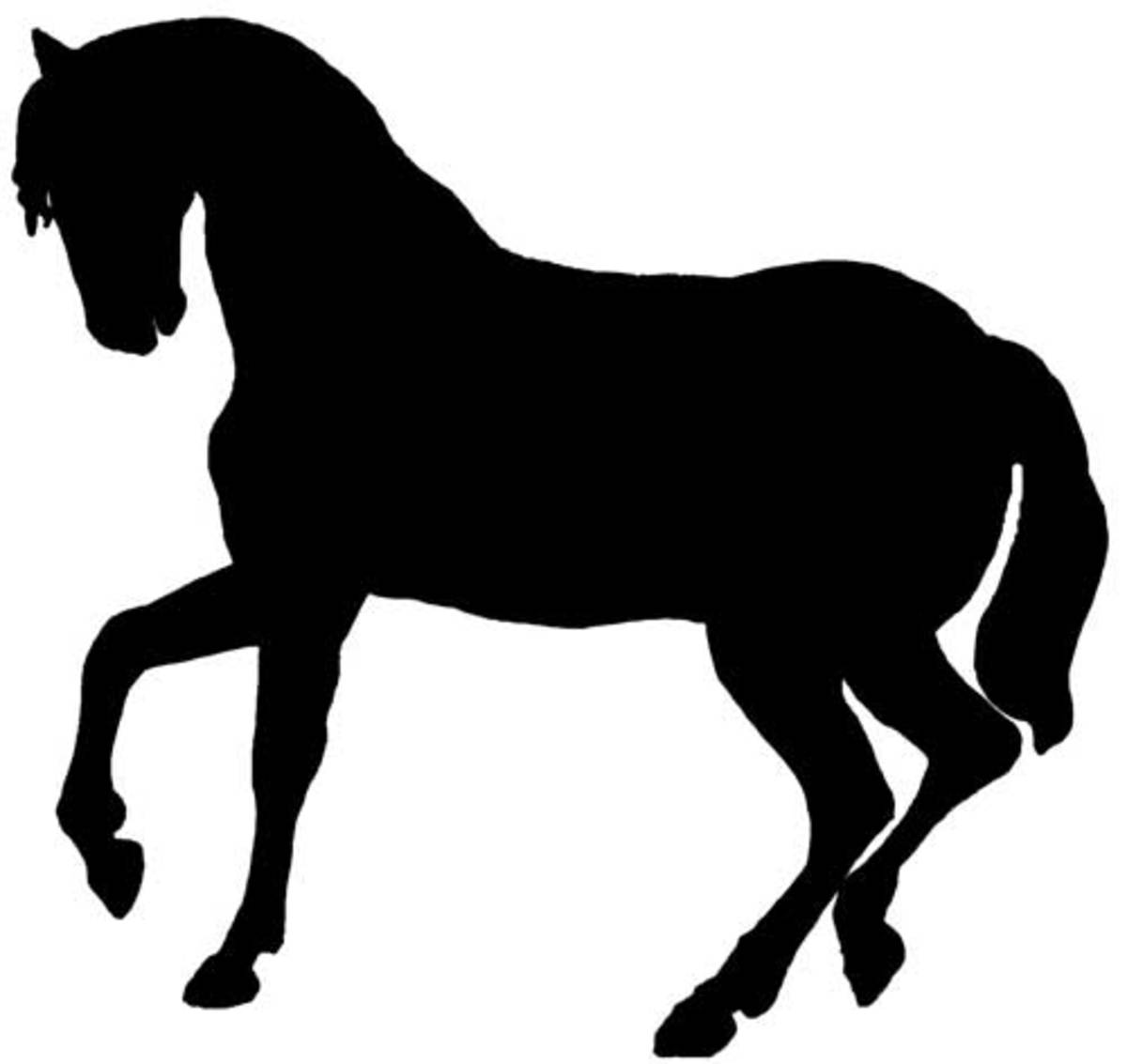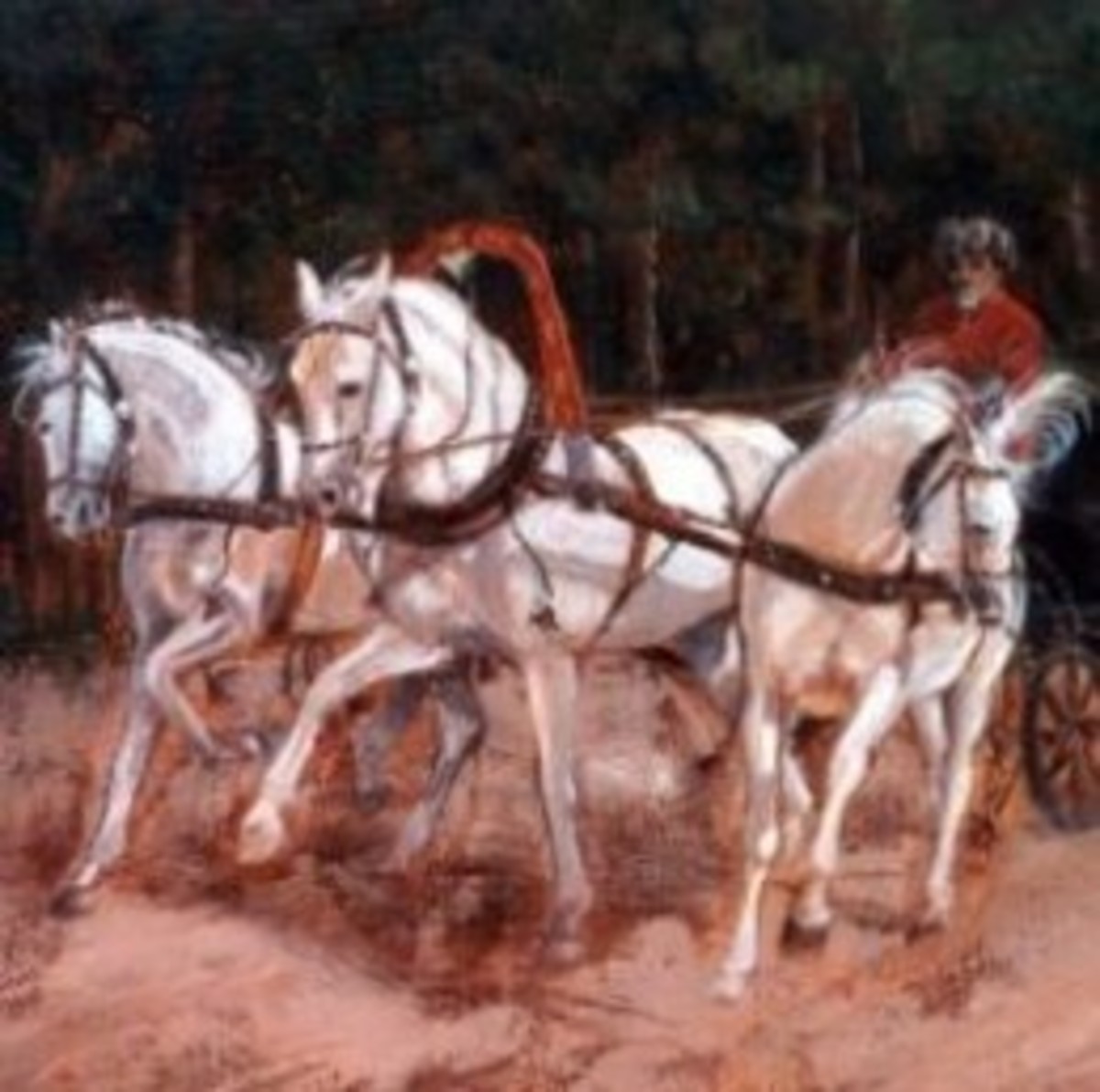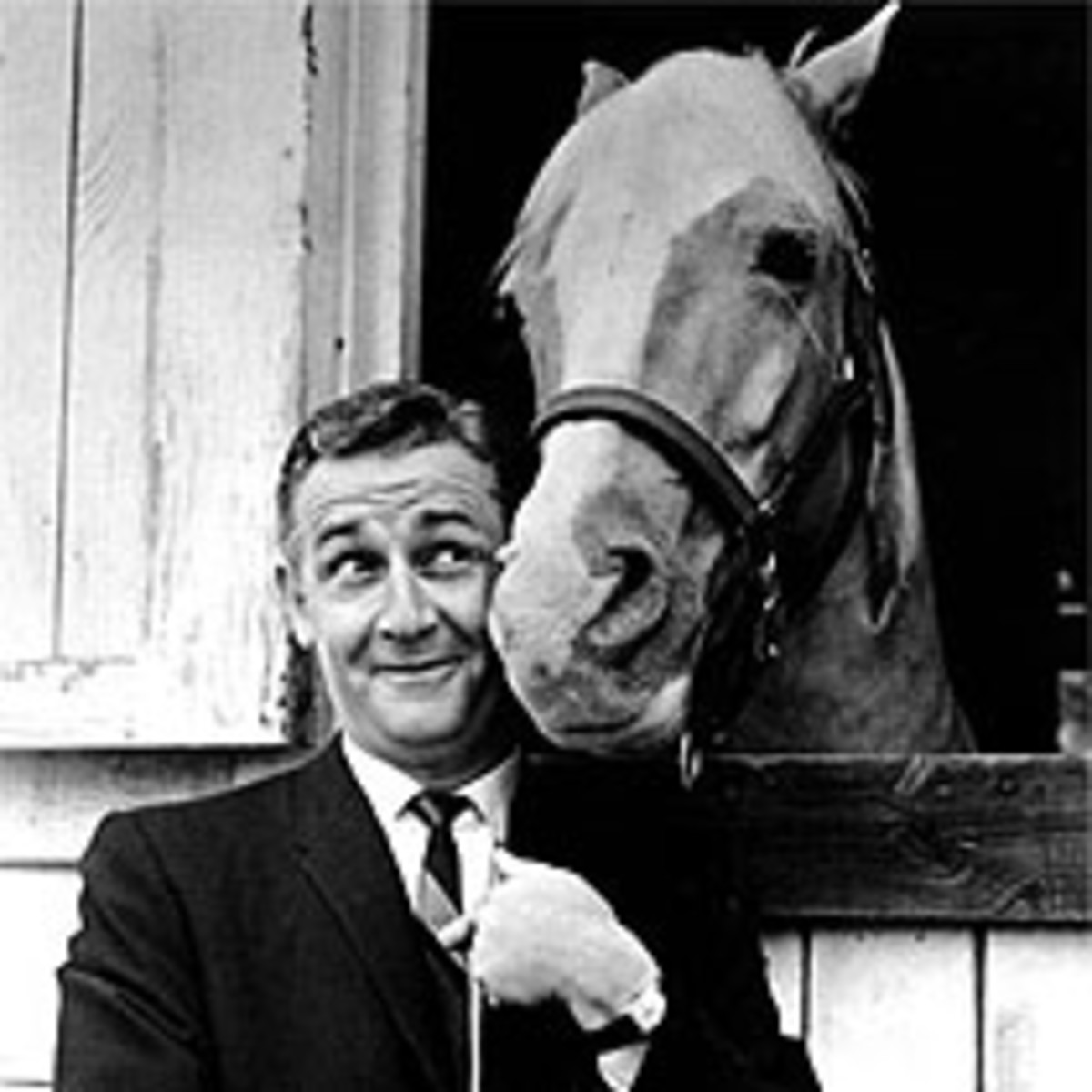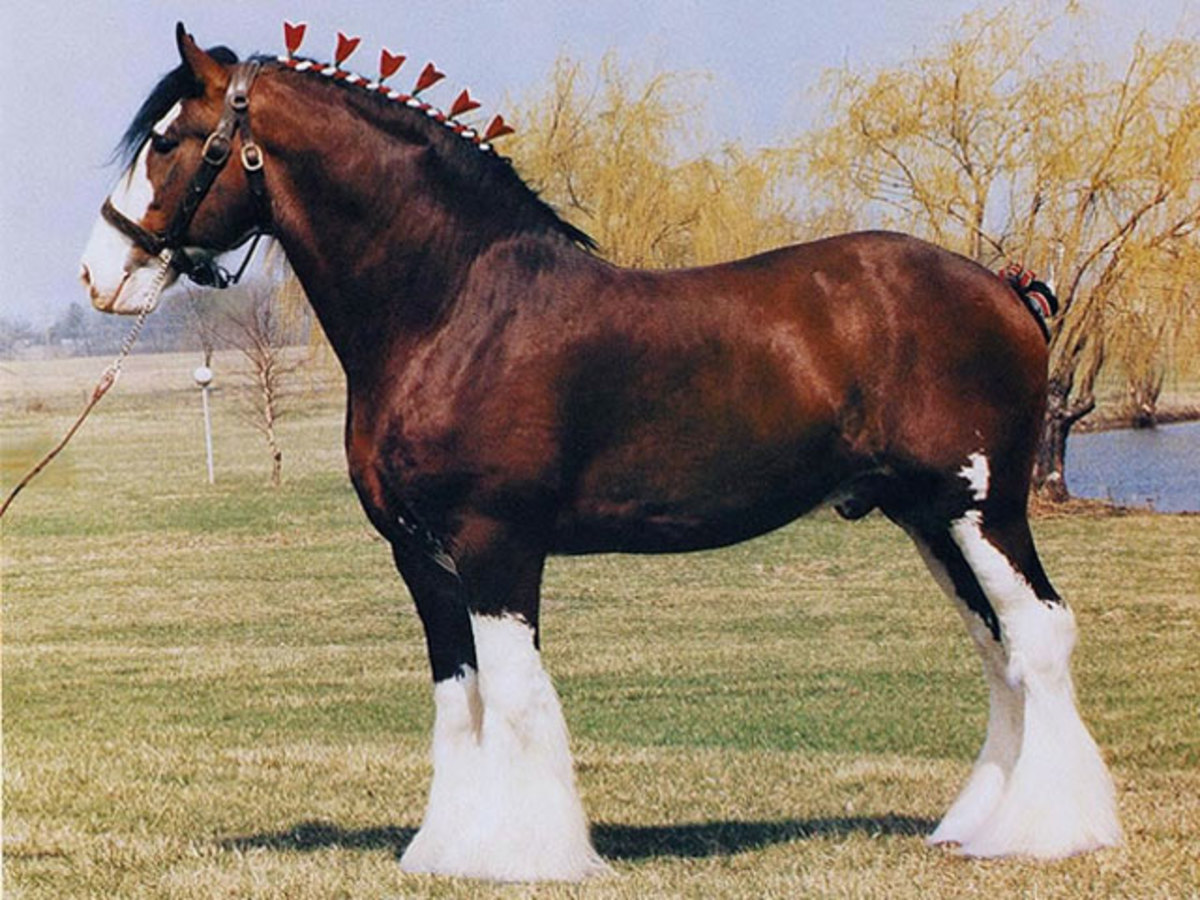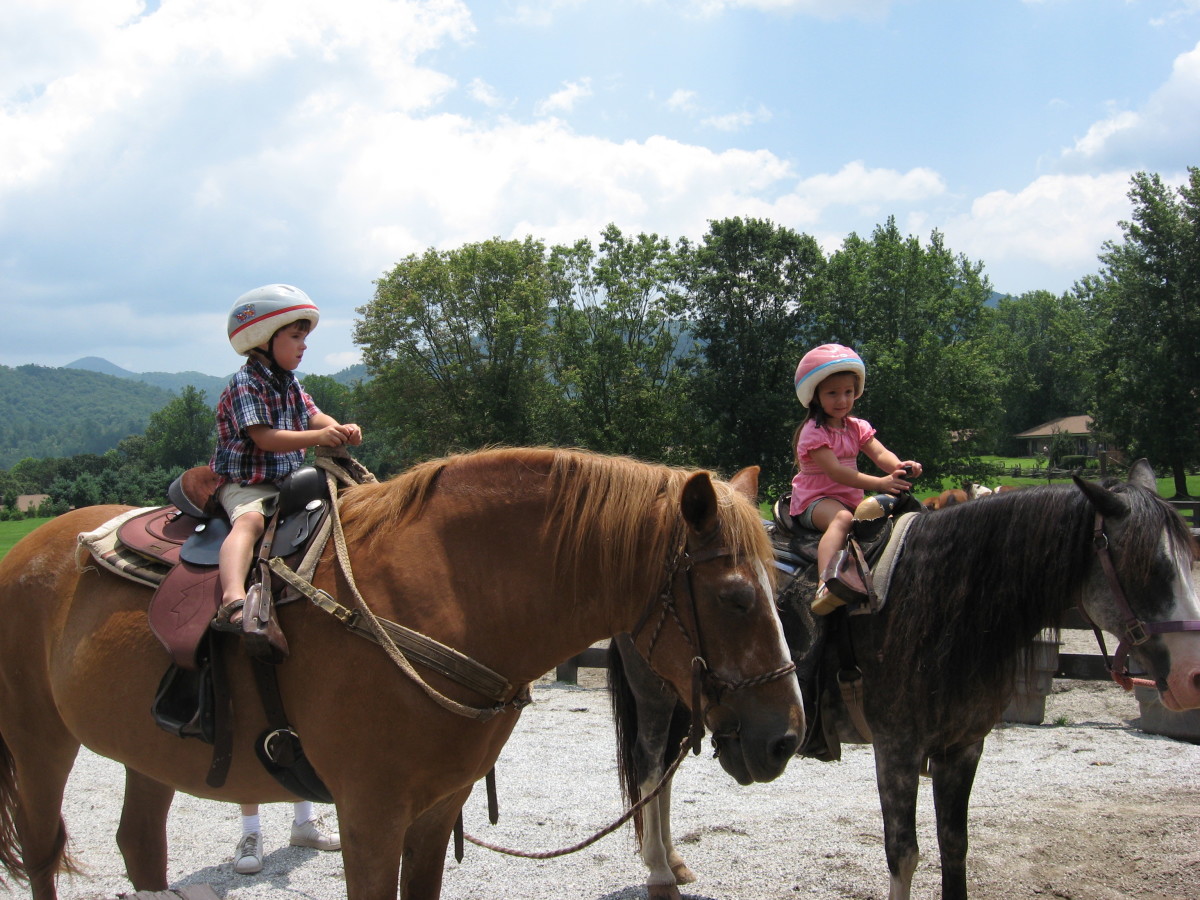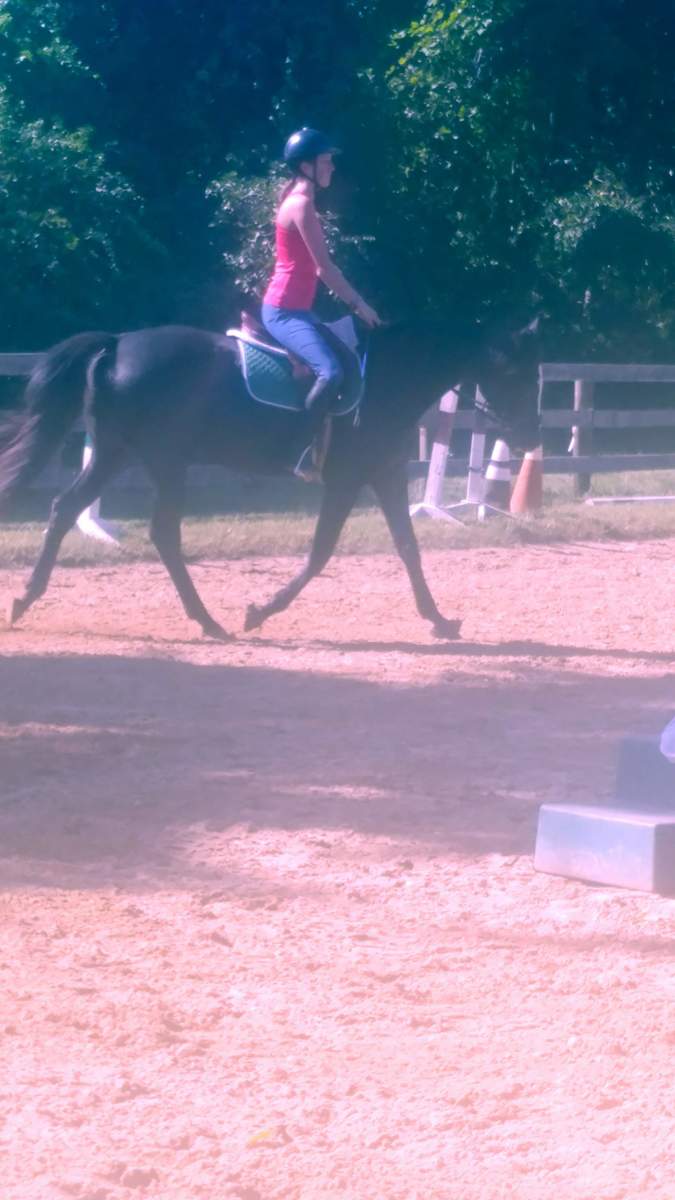Horses And Retirement
Retiring A Show Horse
Retiring a show horse might just mean that you find him a home where he does an easier, more low key type of job. My horse Finnigan is a good example of this. My friend's daughter evented him for many years. She competed him to the preliminary level.
He was 17 at the time. They decided that it would not be fair to him to push him any higher in competition and risk him getting hurt. They decided it was time to retire him.
Retirement for Finn meant coming to live with me and being my personal horse I'm not a competitive rider anymore. I just ride for fun and Finn is still perfectly sound and capable of me practicing proper dressage with him as well as popping over low jumps.
He has a work ethic and enjoys having a job. Since my injury, he is leased out and is still working with his other two riders. He is ridden regularly and his body shows no signs of wear and tear. Signs that might have shown up if he was pushed to move up in the levels of competition.
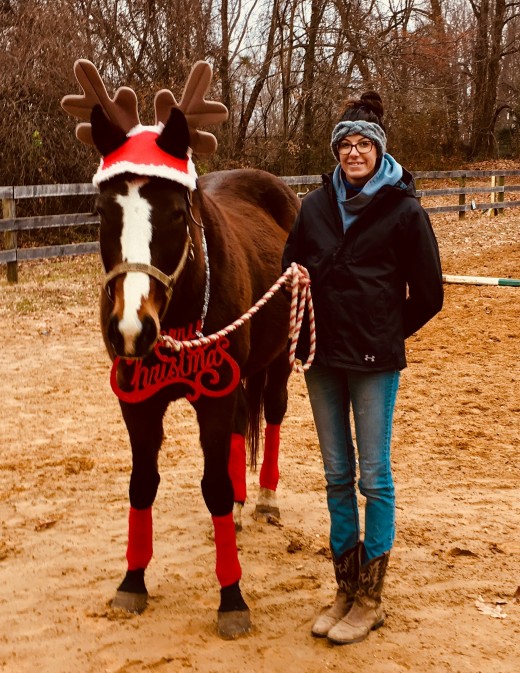
Retirement Can Mean Changes In A Horses Work Load
For example, in the past almost 20 years we have been giving lessons, I have owned many an older horse. Horses who required some special maintenance to keep them working, or were limited physically in some way.
For example, Cory, one of the best horses I have ever know, who lived to be 21, never really retired. We decreased his workload gradually over the years. We stopped using him in summer camp when it was really hot and humid out. Slowly, he went from being a lesson horse anyone would ride to one that we just used for beginner and walk lessons.
I'm a firm believer that keeping him active and engaged is what kept him healthy and working for all those years. He was used to being in the lesson program, if we would have just kicked him out in a field somewhere, I really think he would have been out of sorts and aged a lot more quickly as far as physical aging goes.
Cory had a mild sway back, and his eyes had begun to look a little sunken in on the top. The white blaze on his palomino face started to look wider because it was graying out. He lived to be 31 and worked lightly all the way up until the day he died.
The main change in Cory's retirement routine was that I didn't haul him off the farm for trail rides anymore. For years he had been my go-to choice for trail rides. It got to the point though that riding in the trailer for an hour or so to get to a park and then riding trails for a couple hours would exhaust him.
Once I realized that it was taking a lot out of him, I stopped using him for anything that required trailering off the farm.
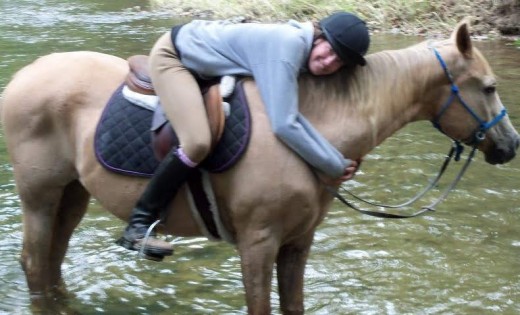
A Horse That Needs Total Retirement
Some horses, like my old gelding Kemerton for example, is completely retired. He was a racehorse for a long time, and then I rode him actively for many years. Between the wear and tear of racing and jumping, his hocks and stifles are to the point that maintenance injections can't keep him sound. He is totally retired now.
I don't ride him at all anymore. He can't stay sound consistently, and by not working at all, it keeps him able to move around comfortably enough that he can live out his retirement years without being in pain. From time to time, if he plays a little too hard or the ground is frozen, he may need a scoop of bute for a day or two. Most of the time though, he is comfortable and happy with his retirement. He raced until he was almost 8 and then I rode him for years after that so he most certainly deserves comfortable easy retirement years.
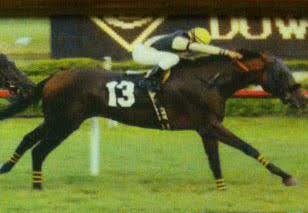
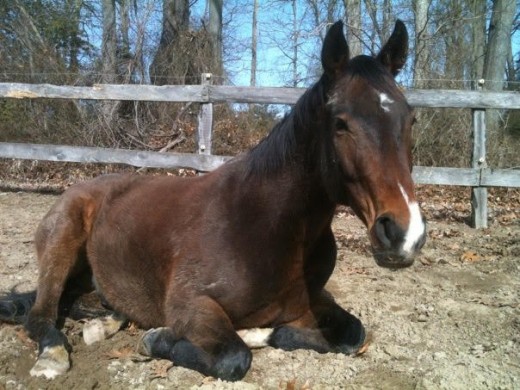
Stall Kept Versus Turnout
A lot of older horses do better if they live outside in a run in shed type situation. Being able to move around as they please keeps their joints from stiffening up standing in a stall overnight.
You have to know your horse as far as this is concerned. I know my retired pony ride ponies are fluffy coated and tough and they live out all winter long with no blankets.
Kemerton, on the other hand, is a little prince, he doesn't handle cold weather or hot weather and flies well. So despite being retired from riding, he still lives in a stall in the barn, and just turns out for the day in the winter and night time in the summer.
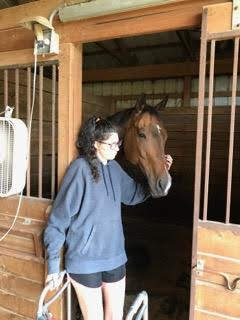
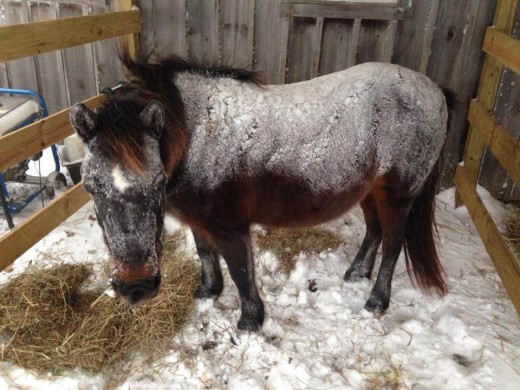
The Mental Aspect
I'm sure there are some that would argue with me on this point, but I think it is important to consider your horses mental well being when considering retirement. I mean this in many different aspects.
You may have a lesson horse that is just plain burned out with going around in circles, so you think it is best to retire him. Consider though, that if he is physically able to, maybe he would just benefit from an easier job or being a one person horse. It is hard for a horse to go from being in a program, being interacted with regularly to not getting any attention at all.
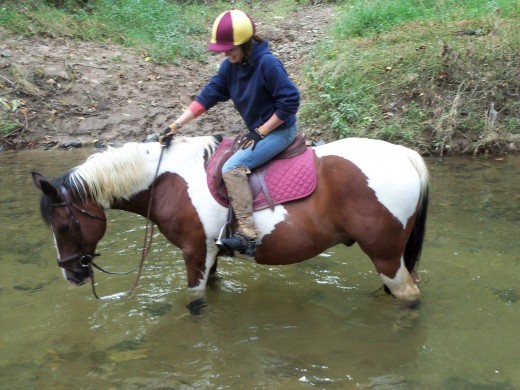
Retired But Not Forgotten
If you do decide that some form of retirement is best for your horse. Whether it be totally retired, or maybe downgrading to an easier job, be aware of how your horse is handling it.
If he isn't working as much, he might require a cut back in the feed. If he is living outside for the first time, the full time you may need to consider blanketing him.
You want to make sure you are still looking at your horse daily and being aware of their health and well being. Remember, we are trying to do them justice by retiring them. We want to reward them for years of hard work with the best life and best care we can give in their senior years.
Even if you have moved on to a younger horse, you don't want your retired horse to be forgotten. Remember, that older horse got you where you are now on your horsemanship journey. He most definitely doesn't deserve to be forgotten
